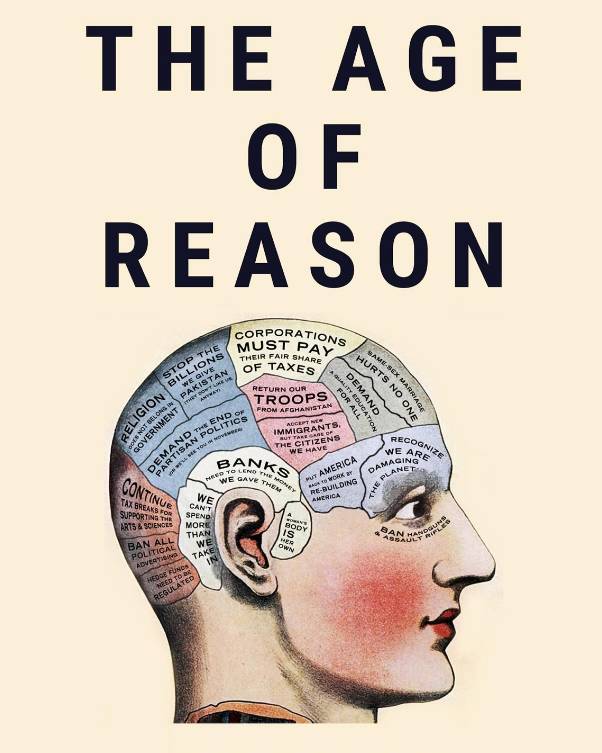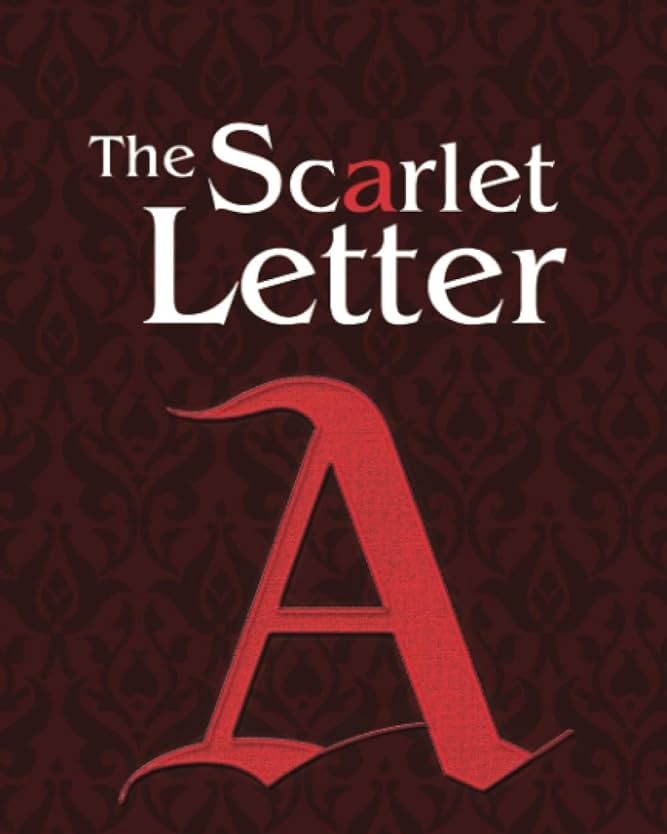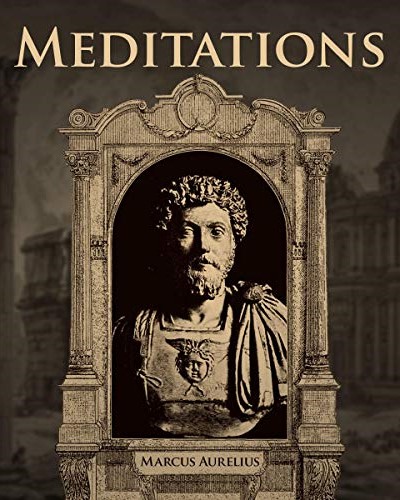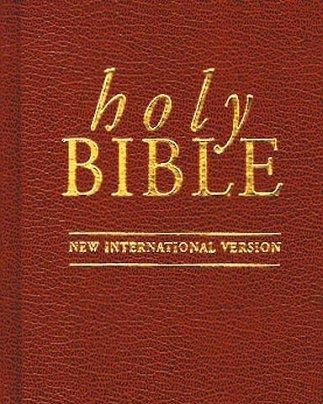Description
“The Age of Reason” is a seminal work penned by Thomas Paine, a revolutionary thinker and influential figure of the Enlightenment era. Published in 1794, amidst the tumult of the French Revolution and the broader intellectual ferment of the late 18th century, this work stands as a powerful critique of organized religion and a passionate defense of rational thought.
In this book, Paine challenges the authority of traditional religious institutions, arguing that organized religion has been a source of tyranny, superstition, and oppression throughout history. He advocates for a more enlightened approach to spirituality, one rooted in reason, science, and the inherent dignity of human beings. Paine’s writing is characterized by its clarity and directness, making complex philosophical ideas accessible to a broad audience.
“The Age of Reason” is divided into three parts, tackling different aspects of religion and belief. In the first part, Paine scrutinizes the Bible, questioning its divine origins and exposing what he perceives as inconsistencies, contradictions, and moral failings within its pages. He argues for a more naturalistic interpretation of the universe, rejecting miracles and supernatural events in favor of a worldview grounded in empirical evidence and rational inquiry.
The book’s second part delves into Paine’s critique of organized religion, particularly Christianity. He argues that religious institutions have historically sought to control and manipulate people through fear and ignorance, stifling intellectual progress and perpetuating social inequality. Paine advocates for a separation of church and state, envisioning a society where individuals can pursue their beliefs without coercion or persecution.
In the final section, Paine explores his conception of theology, proposing a form of deism that acknowledges a creator but rejects organized religion and dogmatic theology. He emphasizes the importance of moral behavior and ethical principles derived from reason and empathy rather than divine revelation or religious doctrine.
“The Age of Reason” sparked intense controversy upon its publication, drawing both emotional support and vehement opposition. It remains a foundational text in the history of secular humanism and freethought, inspiring generations of thinkers to challenge orthodoxy and uphold the principles of intellectual freedom and individual autonomy.





Chibuzo –
Paine’s ‘The Age of Reason’ challenges conventional beliefs with a clear and rational argument that encourages readers to question and think for themselves.
Hashimu –
Even though written centuries ago, Paine’s ideas in ‘The Age of Reason’ remain remarkably relevant today, advocating for reason and critical thinking in a world often clouded by superstition.
Loveth –
Reading ‘The Age of Reason’ was a transformative experience for me. It inspired me to reassess my own beliefs and embrace a more reasoned approach to understanding the world.
Lucky –
Paine’s prose is not only accessible but also engaging, making complex philosophical ideas about religion and belief accessible to a wide audience.